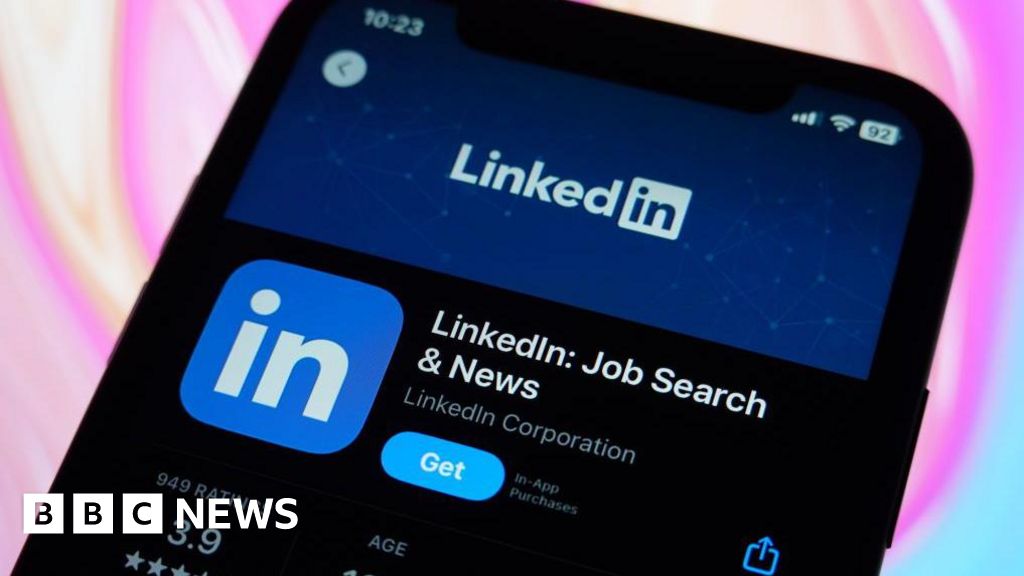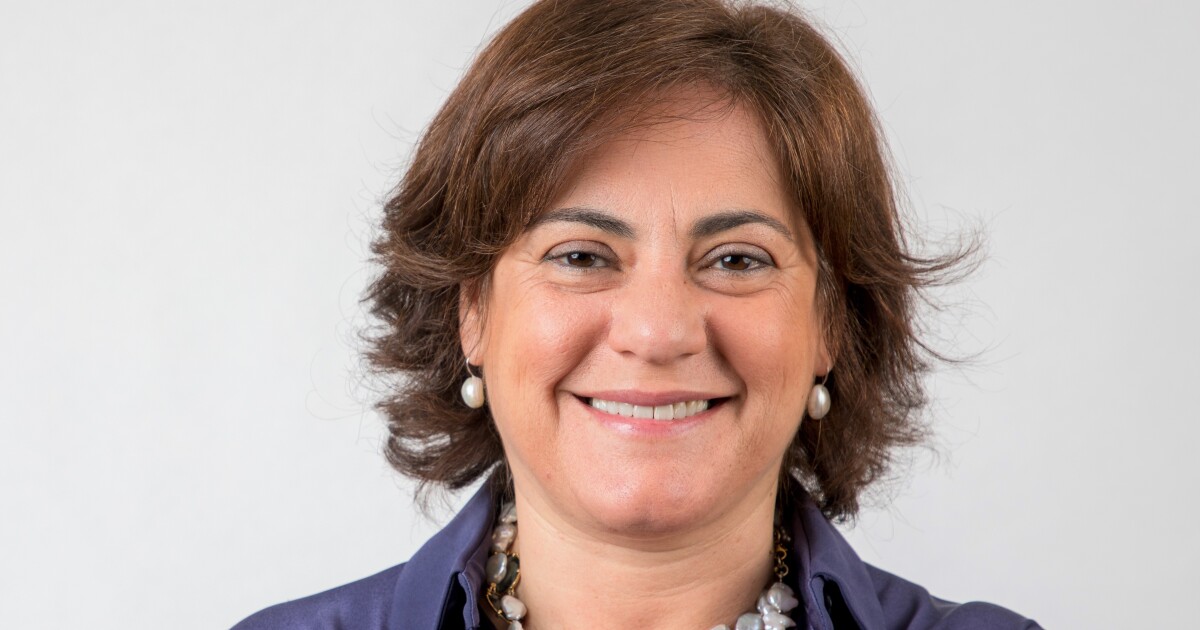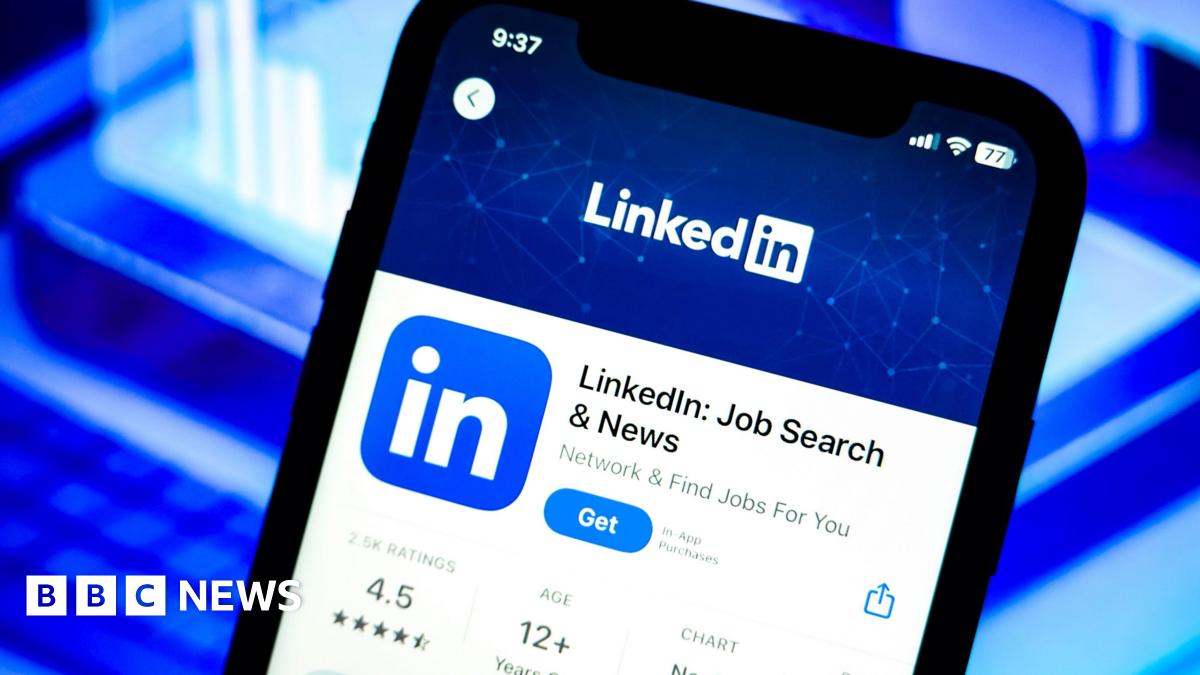However, in their responses, the world’s biggest tech firms have been setting out why they are unhappy with the proposed law.
Google – which owns YouTube – and Instagram-parent Meta have said they needed more time to consider the legislation.
Meta said its current form “will fail to achieve its goal of reducing the burden on parents to manage the safety of young people on social media”.
It also claimed it “ignores the evidence” presented by child safety and mental health experts – a view shared by Snapchat in its own submission.
X (formerly Twitter), meanwhile questioned the legality of the bill’s proposals.
TikTok Australia said it had “significant concerns” with the bill as proposed.
Like other platforms commenting on the legislation, it said it “hinges” on an ongoing age assurance trial looking at technologies that can effectively check user age.
Ella Woods-Joyce, director of public policy for TikTok Australia and New Zealand, wrote in the company’s submission that the bill’s “rushed passage poses a serious risk of further unintended consequences”.
But LinkedIn has adopted a different approach – arguing in its submission that is a platform which is simply not of any interest to children.
Its minimum age requirement of 16 means they cannot access it, the company said, adding it removes child accounts when found.
If LinkedIn can successfully argue it should not be included in the legislation it will potentially avoid the cost and disruption involved it introducing additional age verification processes to the site.
“Subjecting LinkedIn’s platform to regulation under the proposed legislation would create unnecessary barriers and costs for LinkedIn’s members in Australia to undertake age assurance,” it said.
Credit: Source link











